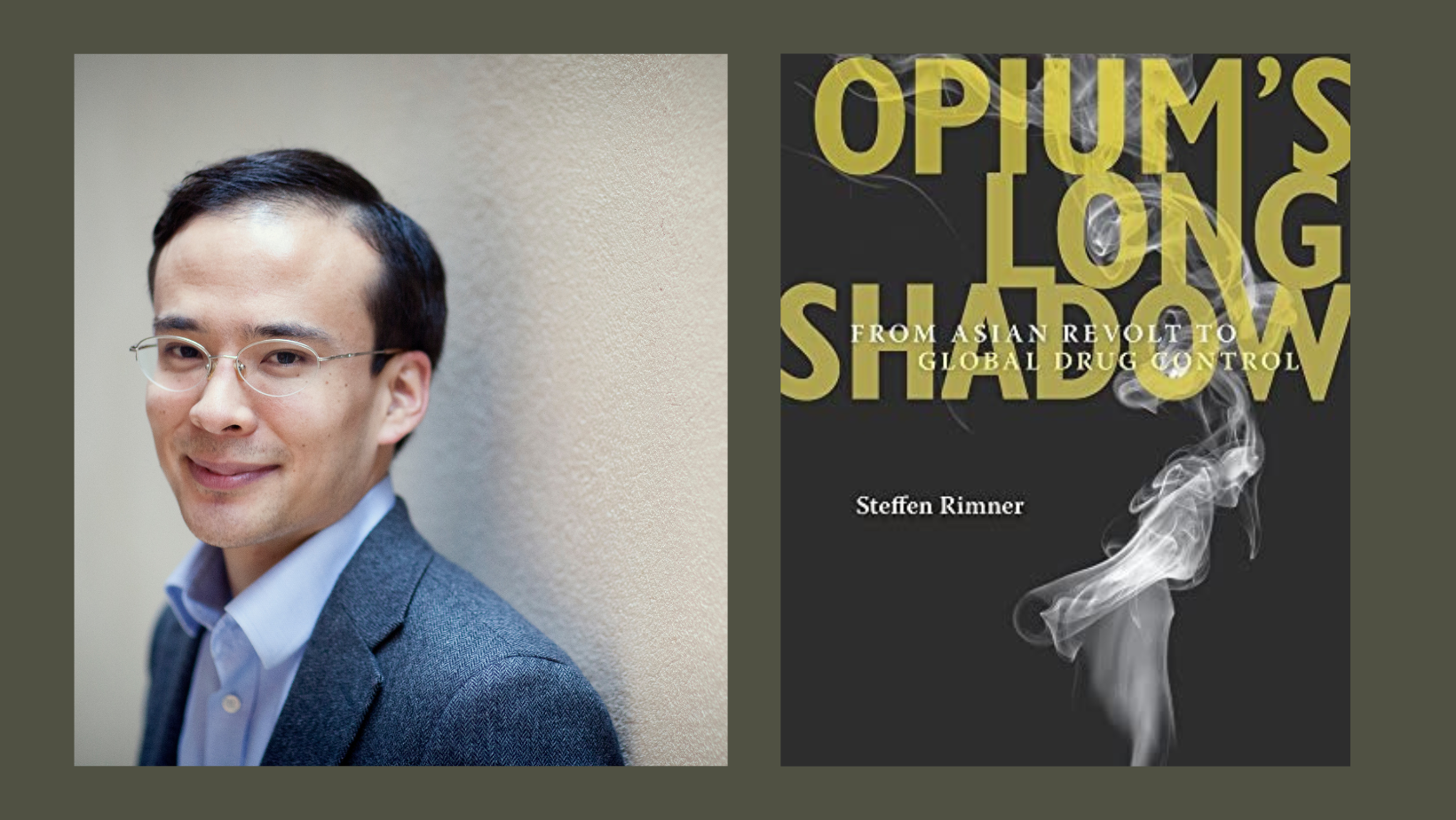Opium's Long Shadow
Friday, October 28, 2022
6:00 p.m. ET
Philosophical Hall
104 S. 5th Street
Philadelphia, PA 19106
Free and open to the public.

In the late 19th century, China and the United States were societies, cultures and political systems further removed from each other than today. Yet, thanks to the support of other Asian pressure groups, China was able to find common ground with the United States in combating what Asian educators, journalists, activists and diplomats described as the greatest curse afflicting global public health: a perceived epidemic of opium addiction ravaging minds, bodies, families and societies across Asia and the Atlantic world.
Opium’s Long Shadow: From Asian Revolt to Global Drug Control traces the anti-opium sentiment and politics they expanded from China, India and Japan to the Atlantic world, the United States and the League of Nations in Geneva. As a global history, the book explains why obstacles to the abolition of the opium trade – from historical disputes and political interests to economic pressures – could only stem the wave of anti-drug protests until the 1890s when a new, official consensus emerged in the international community that has endured to this day: that governments who sponsored the trade in narcotic drugs risked the status of rogue states. Shorn of a romanticized rendering of international cooperation, the odium of opium became a moral deterrent to states around the world, showcasing a story of dramatic change across the boundaries of culture, language and nation.
Steffen Rimner is presently Assistant Professor in the History of International Affairs and Ad Astra Fellow at University College Dublin in Ireland. He was honored to a receive a Franklin Research Grant by the American Philosophical Society for research that led to the publication of Opium’s Long Shadow: From Asian Revolt to Global Drug Control (Harvard University Press 2018). He has also published in the Journal of Global History and the Journal of the British Academy. Born in Germany, he was educated at the University of Konstanz, Yale and Harvard where he obtained his Ph.D. He subsequently held fellowships at International Security Studies at Yale University, at Columbia, in Oxford and at Waseda University and Tokyo University. He served as an expert panelist at the United Nations Commission on Narcotic Drugs in Vienna, Austria, and has given lectures, amongst others, at the invitation of the Peace Palace in the Hague, Netherlands, and the East Asian Studies seminar at Princeton University. He is an affiliate member of the Modern Japan Seminar at Columbia University and currently preparing his second monograph on the first century of Sino-American relations for Harvard University Press.
